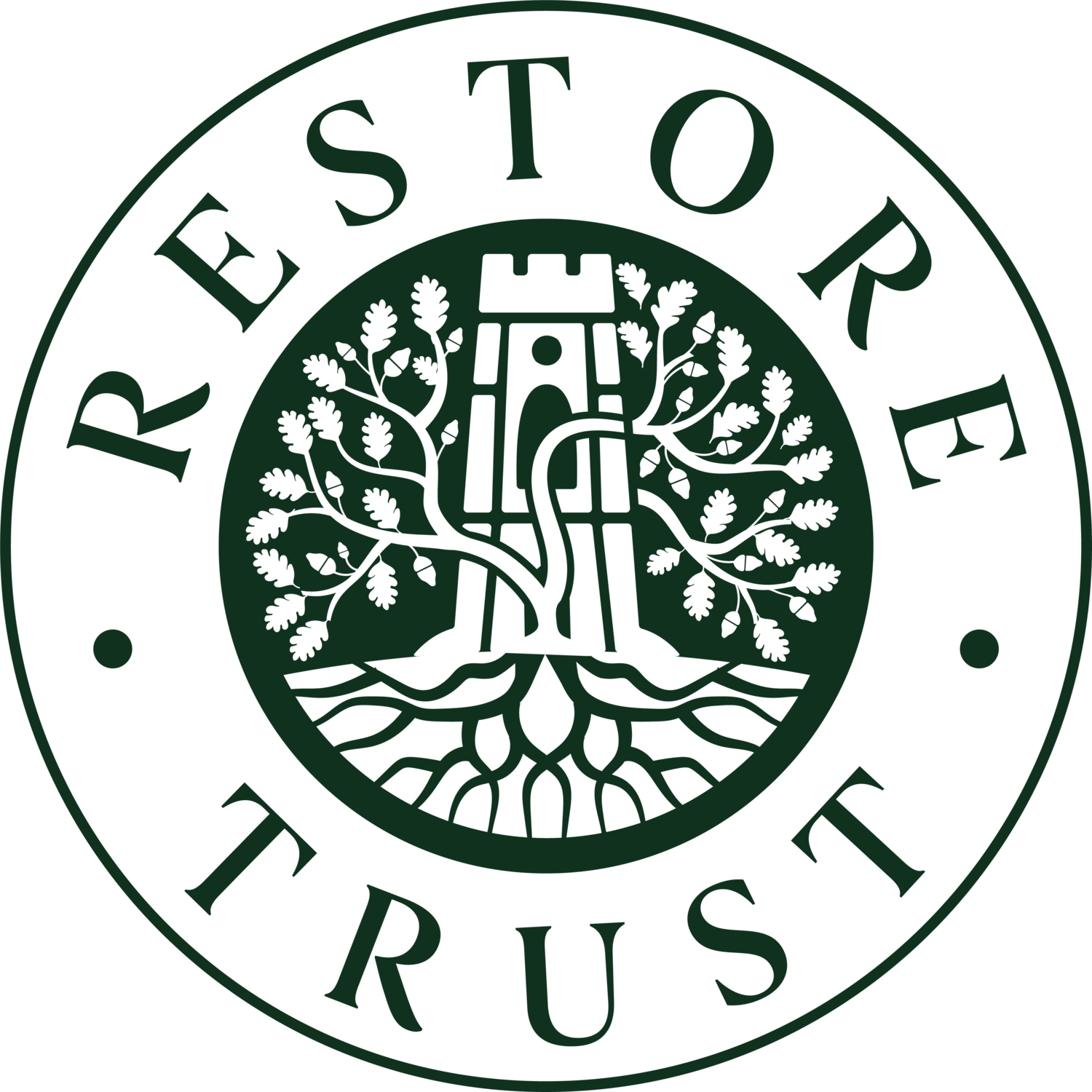Is democracy dead in the National Trust?
“Stifling dissent will only lead to a running sore of disaffected members outside the organisation, which inevitably will damage this great institution.”
The Quick Vote makes it far easier to vote for the management’s choices and distorts the outcome of the election
This month’s National Trust AGM saw turnout slump dramatically for the second year in a row, with members disengaging with the charity’s elections as they have become a foregone conclusion.
Out of approximately 5.3 million members, just 56,119 people cast votes in the National Trust’s Council election, down from 69,001 in 2024 and 153,641 in 2023.* That means just 1.5% of members exercised their right to vote, a worrying sign that the National Trust’s undemocratic practices have left many members feeling disengaged and powerless.
What has caused the decline in turnout? Compared to previous years, voting in National Trust elections is now harder for many members. Two years ago, the National Trust decided to stop sending out paper ballots by default. Restore Trust opposed this decision, citing the worries of members who are not comfortable using the internet to cast votes. The subsequent drop in turnout was unsurprising.
Compounding the decline is the concern of many members that the controversial Quick Vote now makes the AGM a foregone conclusion. Since 2022, the National Trust has invited members to tick a single box and have their votes cast for them in line with the wishes of the Trust’s current leadership. Put another way, it is now much easier for members to vote as the National Trust wants them to than it is for members to use their own judgement about the candidates and the resolutions.
More than half of all votes were Quick Votes in 2025, meaning that no matter how everybody else voted their vote was guaranteed to make no difference to the outcome of the AGM.
A spokesperson for Restore Trust said:
‘The National Trust has used every trick in the book to try and stop people who disagree with them getting on the Council, and to prevent resolutions they do not like from being endorsed at the AGM. They have stopped sending out paper ballots and biased the ballot by introducing the Quick Vote.
‘It is entirely understandable that members believe the undemocratic practices of the National Trust have made it not worth bothering to vote. But we cannot give up on the National Trust - our heritage is too important.
‘I encourage all National Trust members to sign up for Restore Trust’s mailing list, stay members of the National Trust, and vote in next year’s AGM. Because the only way to restore trust, and restore true democracy, in the National Trust is for more members to engage with the AGM and cast their own votes - not use the Quick Vote.’
Since the Quick Vote was introduced in 2022, all the candidates recommended by the Nominations Committee, and only those candidates, have been elected to the National Trust’s Council. Until then, it was usual for some non-endorsed candidates to be elected.
Sir William Proby, a former Chairman of the National Trust, has said:
‘It was quite normal for members critical of the Trust’s policy to be elected to the council… During my time, there were at least seven members of the council who were very critical. I welcomed their presence as it allowed a frank debate where all views could be aired, a vote could be taken and the organisation could move on.’
Unfortunately, the current National Trust leadership do not welcome constructive criticism but have changed the way elections work to ensure only their preferred candidates can get elected. Proby added:
‘A truly democratic structure allows these issues to be debated, voted on, and the organisation can move on. Stifling dissent will only lead to a running sore of disaffected members outside the organisation, which inevitably will damage this great institution.’
The use of the Quick Vote this year was further encouraged by the enormous surge in the number of candidates standing for the National Trust Council.
In 2025, members were confronted with choosing between a staggering 200 different candidates for the seven vacancies on the Council. Is it any wonder that 56% of voters opted for the Quick Vote, with so many candidates to choose from and the Quick Vote presented to them first on the ballot paper?
The large number of candidates came about because the National Trust invited all its 5.3 million members to put themselves forward for the Council, but made no requirement of candidates to demonstrate that they are serious and have some support among members.
Whilst we are all keen to ensure that people who care about the National Trust can put themselves forward for Council, some members have questioned whether too many people are standing for election and it is now all but impossible for members to weigh up the individual candidates.
To stand for election to Parliament, a candidate requires the signatures of ten voters. To stand in a local government election, a candidate has to have the nomination papers signed by two voters. A member of the Nationwide Building Society who wants to be on the ballot for election to the board will need the signatures of 250 others who have been members for at least two years. A requirement for some demonstration of support would help to ensure that the candidates who appear on the ballot are serious about standing for election and that members are presented with a manageable and meaningful choice.
The National Trust needs to consider as a matter of urgency how the decline in member engagement in the AGM can be reversed so that the Trust can, once again, be described as a truly democratic organisation.
*Turnout is estimated by dividing the number of votes cast by the number of vacancies for which members could vote.


